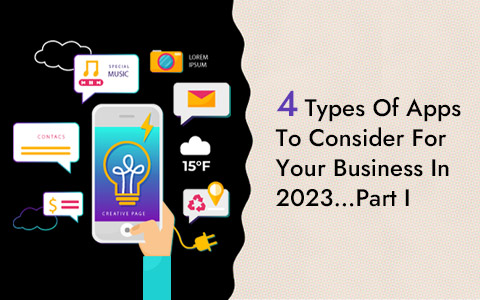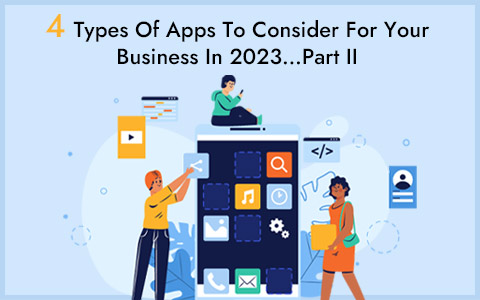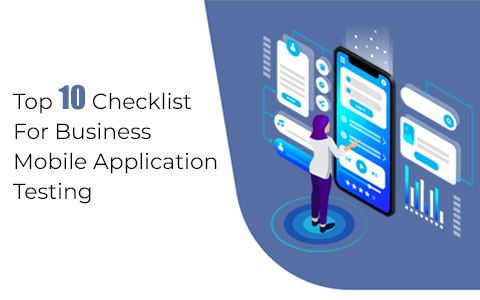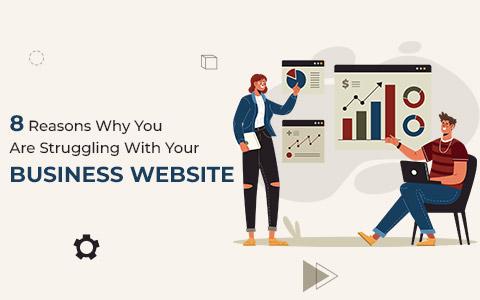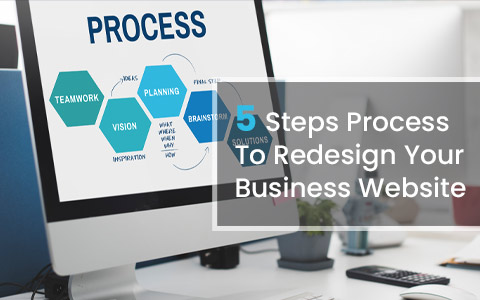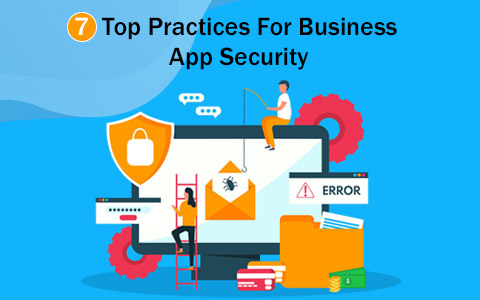10 Types of Healthcare Software To Notch Up Your Medical Business
 September 12, 2022
September 12, 2022 Software Development Services
Software Development Services
We are currently living in the “experience age” of technology where customer experience is of utmost importance, consequential, and of immense value to businesses.
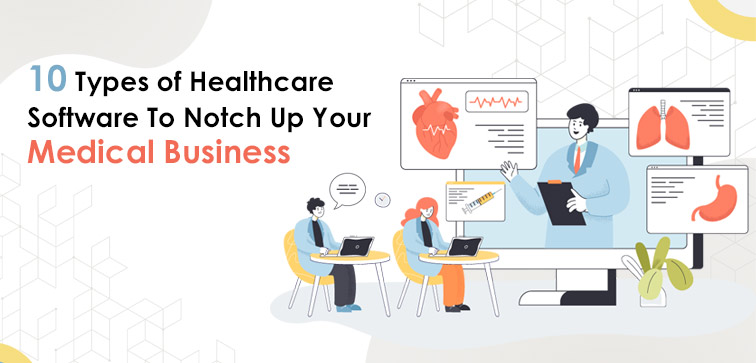
This change has led to an economic shift where a business (whether operating in a real or digital environment) focuses on improving the customer experience where they feel included.
We commit to making it possible for every business to thrive in the changing market and the progressive online environment through our robust Custom Software Development Services and solutions. Midas is your technology partner for end-to-end software development and maintenance solutions. Call today to speak to our experts!
Software & Healthcare
Digital transformation in the healthcare industry is not just a necessity but also the need of the changing time (post-COVID age). The Healthcare industry is complex and diverse and healthcare experts have to work around all sorts of emergencies.
Businesses invested in this industry need to make sure they are serving their consumers with the latest, updated & efficient services which contribute to their overall healthcare requirements and needs.
In this blog, we are sharing the 10 best software types that are going to be in demand in the medical industry for their long-term usefulness & advantage.
Here Are The Top 10 Healthcare Software Ideas For Your Medical Business:
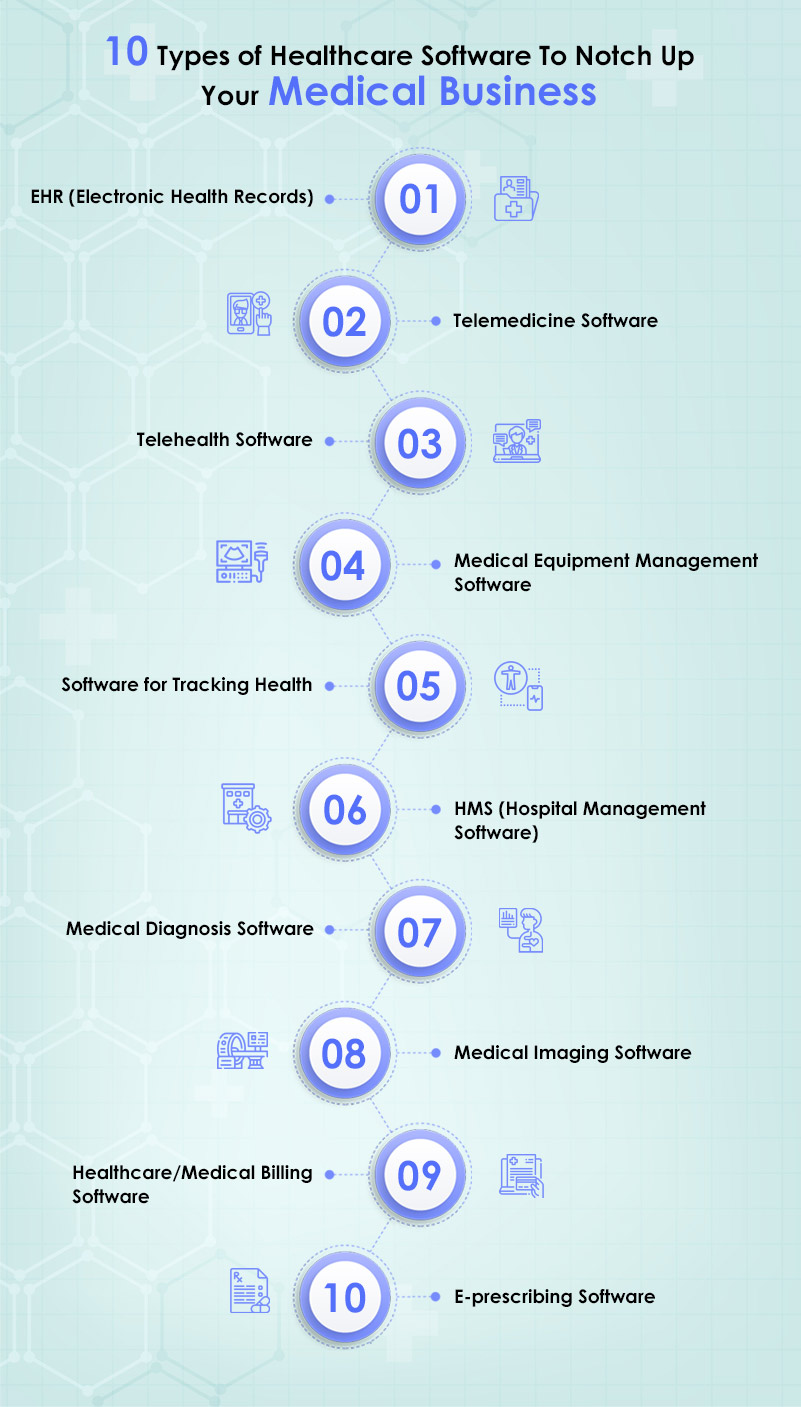
1. EHR (Electronic Health Records):
EHR has electronically stored health information of patients in a digital format. It is a new age method to store patients’ medical histories in one place.
Many countries and their governments are actively working on adopting EHR strategy into their healthcare system/services. Electronic records are easier to manage and one can quickly fetch the relevant information without sifting through bundles of pages of medical details.
You can keep the data/medical records safe, secure, and with little chance of error or duplication. Today EHR software is beneficial for clinics and hospitals where it is easily synched with the software management system used by the hospital or clinic.
2. Telemedicine Software:
This software makes it easy and hassle-free for healthcare experts/professionals and patients to connect and get medical services & consultations virtually.
The latest telemedicine software is efficient with multiple services included such as diagnostics and booking appointments online etc.
3. Telehealth Software:
Telehealth software works on a much wider spectrum of services as compared to telemedicine software.
Through this platform, medical professionals and experts are able to offer remote services related to health information, health monitoring, and consultation.
This platform can be beneficial in monitoring patients’ health remotely once they are discharged from the hospital.
It is an efficient way to connect with the patient and counsel them on after procedure care.
4. Medical Equipment Management Software:
In order to facilitate and deliver quality care at healthcare institutions, it is vital to have an excellent medical equipment management system in place.
With medical equipment management software, it is possible to maintain, manage and keep a record of medical appliances/types of equipment (whether it is expensive tool equipment such as an MRI machine or less expensive items such as swabs and needles) to serve the patients in the best way possible.
Software for medical equipment management will make it easier to track inventory and update on routine maintenance of the hospital infrastructure.
5. Software for Tracking Health:
Healthcare applications are in demand because they help the general public and patients to keep an eye on their health in general and how they can improve their lifestyle into a healthy, balanced lifestyle.
Fitness, diet, and wellbeing are three main subcategories for this type of health tracking app or software. They fetch data for you related to your sleep quality, pulse rate, etc.
These health records can come in handy when you are consulting your doctor regarding your health and health condition.
6. HMS (Hospital Management Software):
Seamless and effective data management related to healthcare in hospitals is what Hospital Management Software does.
Ensuring hospital stakeholders (such as administration, licensed healthcare professionals, and patients) get the relevant insight and information.
These systems primarily have two portals, one for the management and the other for the patients. The former one will have details and information pertaining to medicine, room booking, and scheduling, booked appointments and doctor’s itineraries, supply inventory, laundry management, water & power consumption, etc.
Meanwhile, the patients’ portal will have data related to admittance details, patient payment details, medical procedures, appointments, prescription information, and medical coverage, etc.
7. Medical Diagnosis Software:
This type of software was a boon especially in times like COVID when reaching out to medical experts was not possible physically.
This type of medical diagnosis software can be physician-facing software or a patient-facing application.
Physician-facing diagnosis applications will provide a safe place for doctors to collaborate and discuss in order to ascertain a patient’s diagnosis on the basis of their records. Such software also includes the use of AI to fetch data for the diagnosis.
On the other hand, patient-facing applications will make it time-efficient for patients to find out if their symptoms require urgent medical action or a doctor’s appointment.
8. Medical Imaging Software:
Medical image analysis software is a highly efficient software in viewing, sharing medical data, and processing CT, MRI & PET scans to generate 2D or 3D imaging to check the efficiency of selected medical treatment.
This software can also be used to design and print medical types of equipment like prosthetic limbs etc.
9. Healthcare/Medical Billing Software:
Automating the billing process in the medical sector through this software will streamline the billing procedure which is beneficial for patients as well as for medication administration.
Some of the critical components of medical billing software should be, facilitating reimbursement rates, automating financial flows and easy tracking of the billing process, and revenue optimization.
10. E-prescribing Software:
Electronic prescribing software allows medical practitioners and physicians to prescribe medication digitally.
This type of application will facilitate both patients and physicians to get the prescription for proper medication within a few clicks. Physicians will have the right to renew or suspend any prescription through e-prescription software.
Conclusion:
Midas has more than eighteen years of experience in providing web development & custom software development services from India to some of the top medical niche markets and industries. We have a team of experts and professionals to design, develop and maintain your software and applications to match your business requirements. Call Today To Learn More About Our Prime Services.
popular post
-
Do You Know About These 5 Facts On Website Development Services?
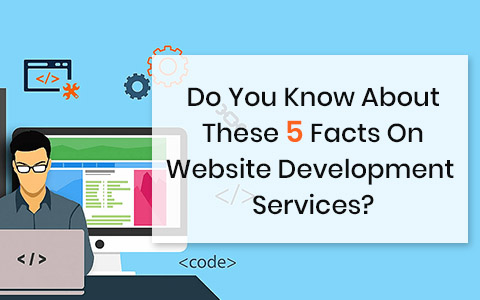
-
Best 4 Digital Marketing Strategies for Assured Online Success
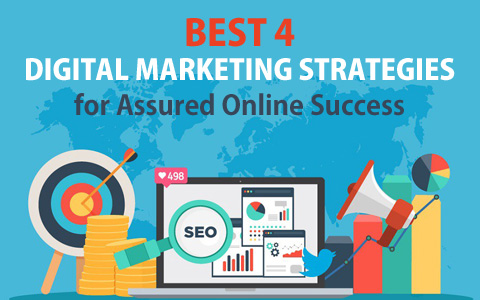
-
What is Quality Assurance & Why is it needed?
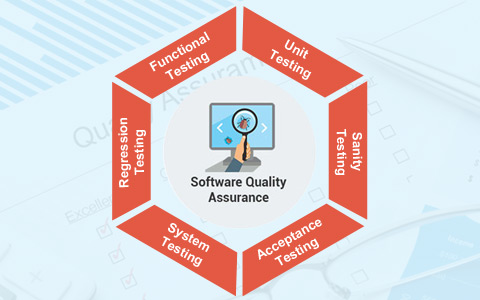
Categories
- Internet Marketing (13)
- Software Development (8)
- Mobile Apps Development (44)
- Web Designing (32)
- Web Development (60)
 business@midaswebtech.com
business@midaswebtech.com